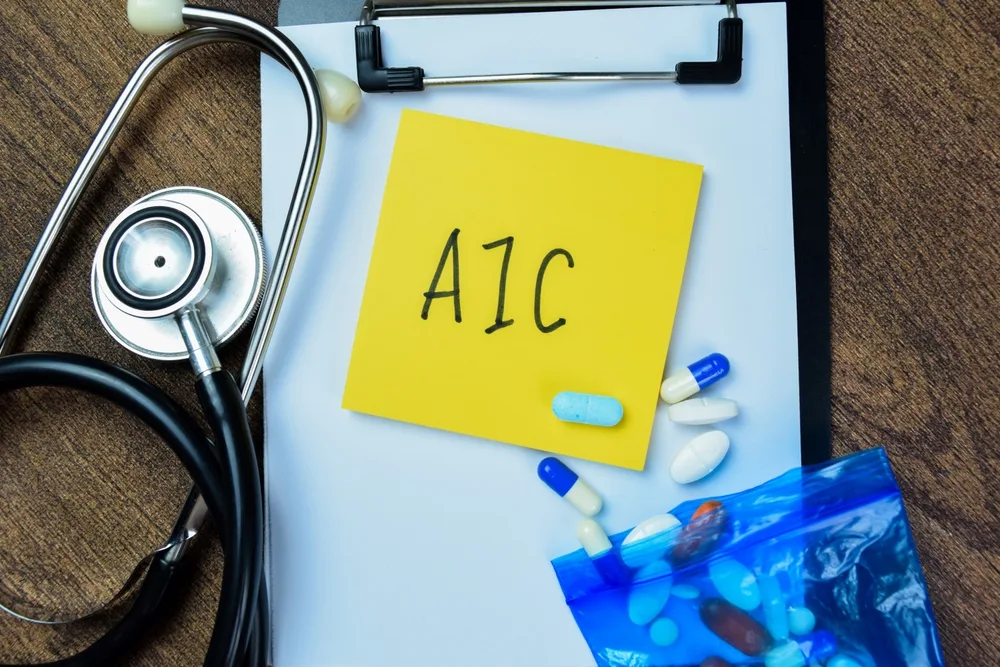If you’ve ever wondered why your coach keeps nagging you about getting enough shut-eye or why your fitness tracker is obsessed with your sleep patterns, you’re about to find out. Sleep isn’t just a passive activity where you’re logging off for the night; it’s an intricate process that’s crucial for your health and fitness goals.
Whether you’re aiming to crush your next marathon, sculpt your body, or simply live a healthier life, giving sleep the priority it deserves can dramatically improve your physical health and well-being. Let’s dive into the fascinating world of sleep physiology and uncover how skimping on Z’s can mess with more than just your mood.
First off, sleep isn’t a one-stage show; it’s a complex cycle of different phases, each with its own purpose. These include the:
- Light sleep stages: Stages 1 and 2 help transition the body and mind between wakefulness and deeper sleep stages.
- Deep sleep: Deep sleep is your body’s maintenance mode, repairing muscle, consolidating memories, and releasing growth hormones.
- Rapid eye movement (REM) sleep: REM sleep is like a reboot for your brain, supporting cognitive functions and emotional health.
But what happens when you cut these processes short? Imagine trying to update your smartphone’s software, only to unplug it halfway. Not so efficient, right? The same goes for sleep. Without enough time in each phase, you’re not giving your body the full tune-up it needs.
The Effects of Sleep Deprivation
Falling short on sleep does more than make you yawn during your morning jog. It’s linked to a host of uninvited health risks:
- Hypertension: Yep, not getting enough sleep can crank up your blood pressure. Studies show that individuals who clock less than 5-6 hours per night have a significant risk of developing hypertension.
- Obesity: Night owls, beware. Poor sleep messes with the hormones that regulate hunger, leading to increased appetite and cravings for high-calorie foods. Over time, this can tip the scales in the wrong direction.
- Heart Disease: The heart loves sleep. Lack of it, particularly poor deep sleep, is associated with higher risks of heart disease and stroke. Your heart needs those quiet hours at night to recover from the day’s stress.
Sleep: The Ultimate Muscle Repair Kit
For fitness enthusiasts, sleep is your best friend for muscle repair and growth. During deep sleep, the body ramps up the production of growth hormones, which is like a repair kit for the muscles.
This is when the magic happens, repairing the micro-tears from your workout and building stronger muscles. Skimp on sleep, and you’re robbing yourself of this prime recovery time.
How to Get Better Sleep
So, how do you win at the sleep game? For starters, creating a sleep-friendly environment and a consistent bedtime routine can work wonders.
And for those nights when counting sheep just doesn’t cut it, exploring sleep aids like melatonin tablets or other sleep tablets can be a game-changer. Melatonin, for example, is a natural hormone that signals your brain that it’s time to sleep, making it a popular choice for those seeking a little extra help drifting off.
However, remember that the best sleep medication is a healthy lifestyle. Regular exercise, a balanced diet, and limiting caffeine and electronics before bedtime can significantly improve sleep quality.
Curious about how a great night’s sleep can lead to happier, more vibrant days? Explore the key to unlocking your best self, both at night and during the day next!
By Admin –




